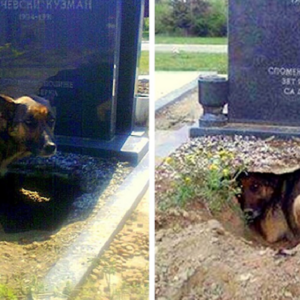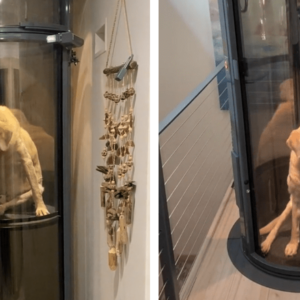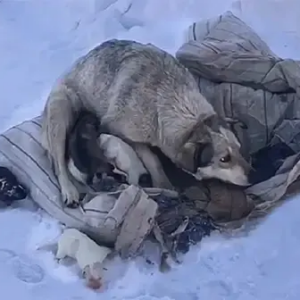In a daring late-night operation in January 2016, Debra Tranter and a colleague infiltrated a notorious puppy mill in New South Wales, Australia. This wasn’t their first visit; a year earlier, they had uncovered appalling conditions, leading to the rescue of 16 dogs by the RSPCA. However, their return revealed a worsening situation.
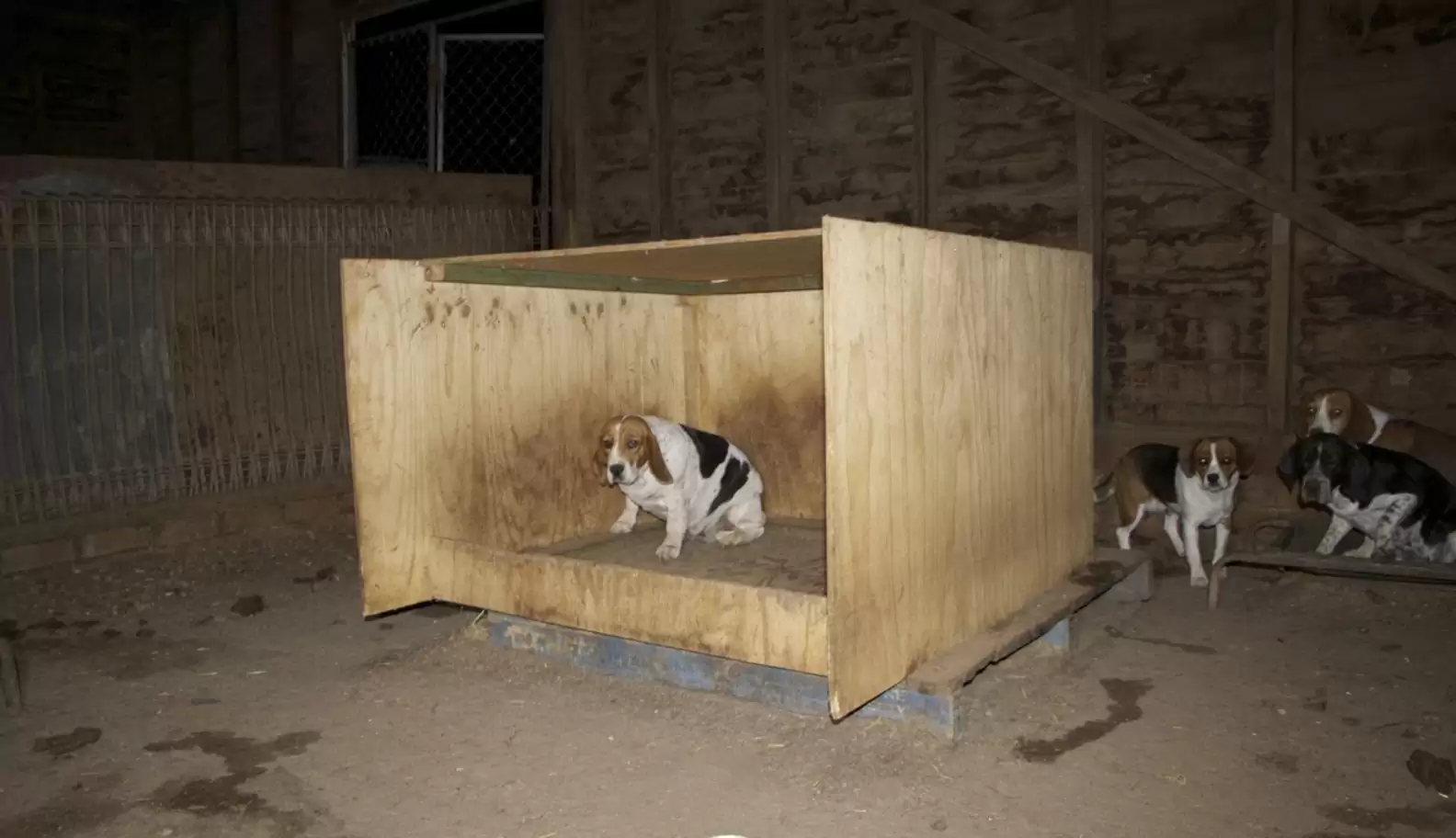
Image source: oscarslaw
Amidst the squalor, a female beagle’s plight stood out. She was huddled in a corner, her eyes reflecting fear and suspicion. As Tranter prepared to leave, a faint puppy cry halted her. A thorough search led to a startling discovery: four beagle puppies, hidden by their mother in a wall cavity, a desperate attempt to protect them from the surrounding chaos.
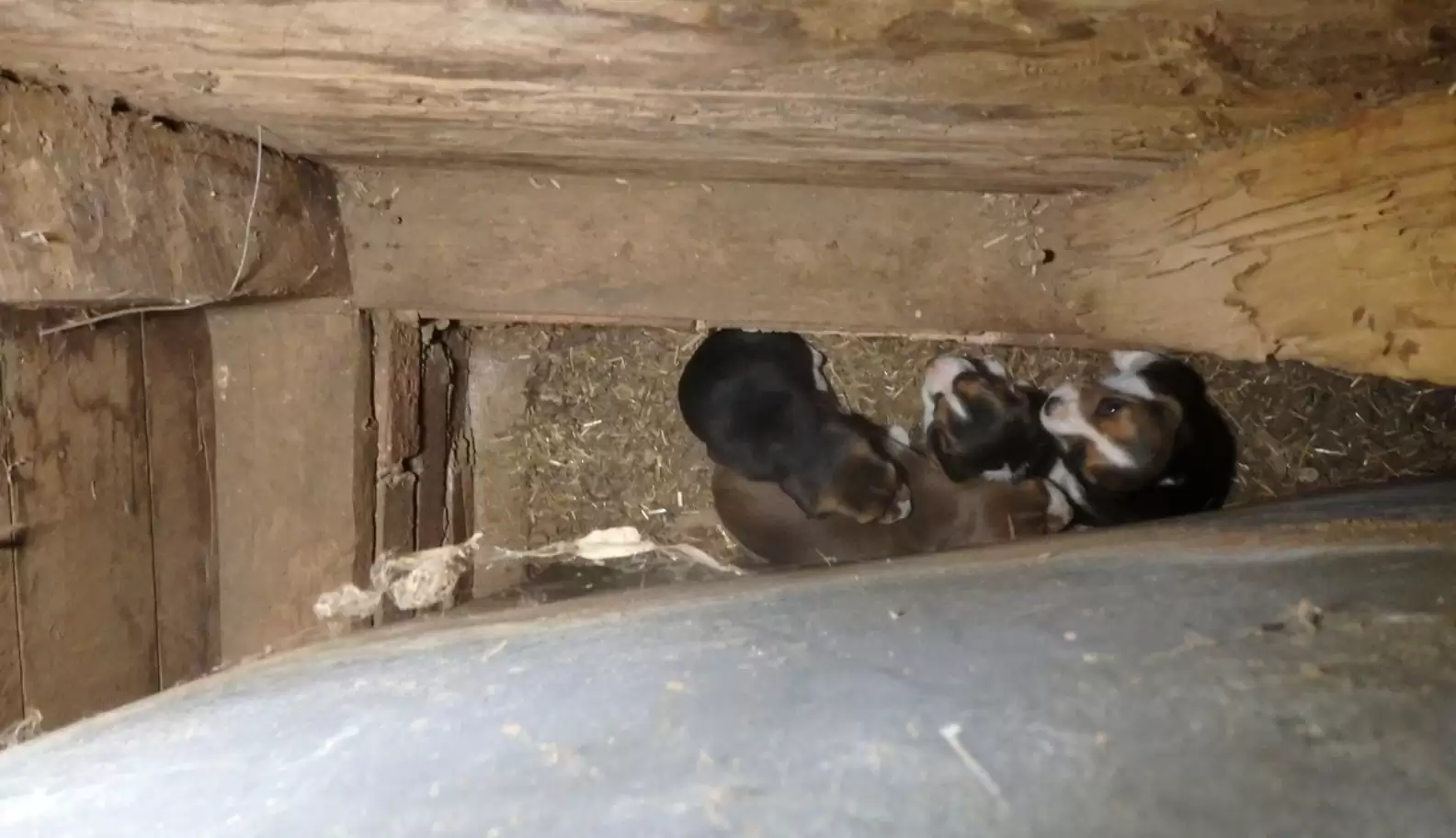
Image source: oscarslaw
Puppy mills, tragically, are legal in many parts of the world, including New South Wales. Despite regulations, enforcement is lax, allowing these inhumane breeding facilities to thrive in secrecy. Tranter estimates hundreds of such farms in New South Wales alone, churning out thousands of puppies annually, often sold under false pretenses of being home-raised.
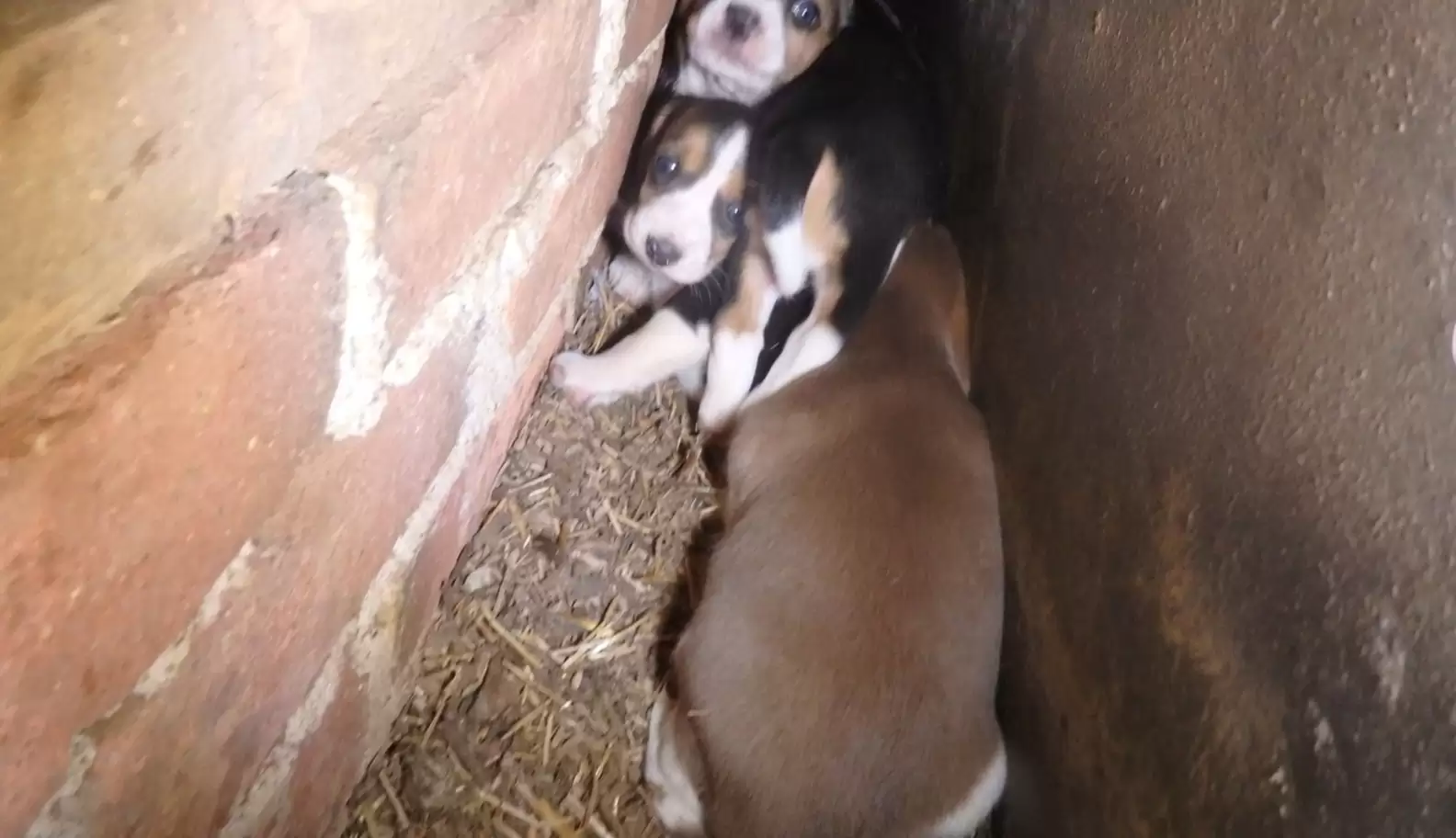
Image source: oscarslaw
In the U.S., the situation mirrors Australia’s. Despite USDA licensing requirements, regulation remains weak. The stark reality is that while millions of animals are euthanized yearly, puppy mills continue to flood the market with puppies, often in poor health and traumatized.
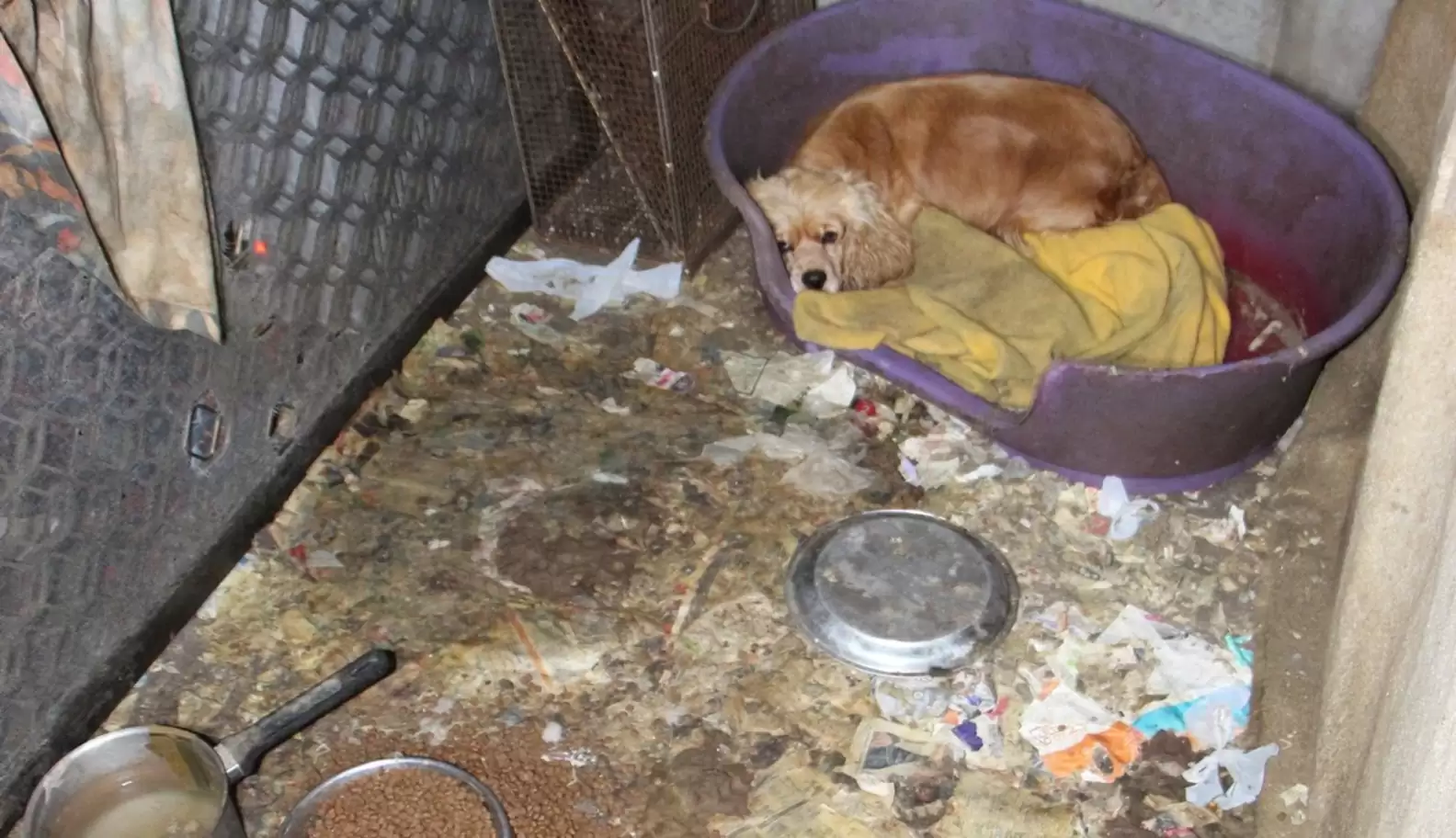
Image source: oscarslaw
Yet, there’s a glimmer of hope. Victoria, Australia, is moving towards banning profit-driven puppy mills and pet shop animal sales. Tranter hopes for similar reforms in New South Wales. After documenting the beagle family, she left them behind, not wanting to risk theft charges, but hopeful that her evidence would lead to their rescue and closure of the mill.
 Image source: oscarslaw
Image source: oscarslaw
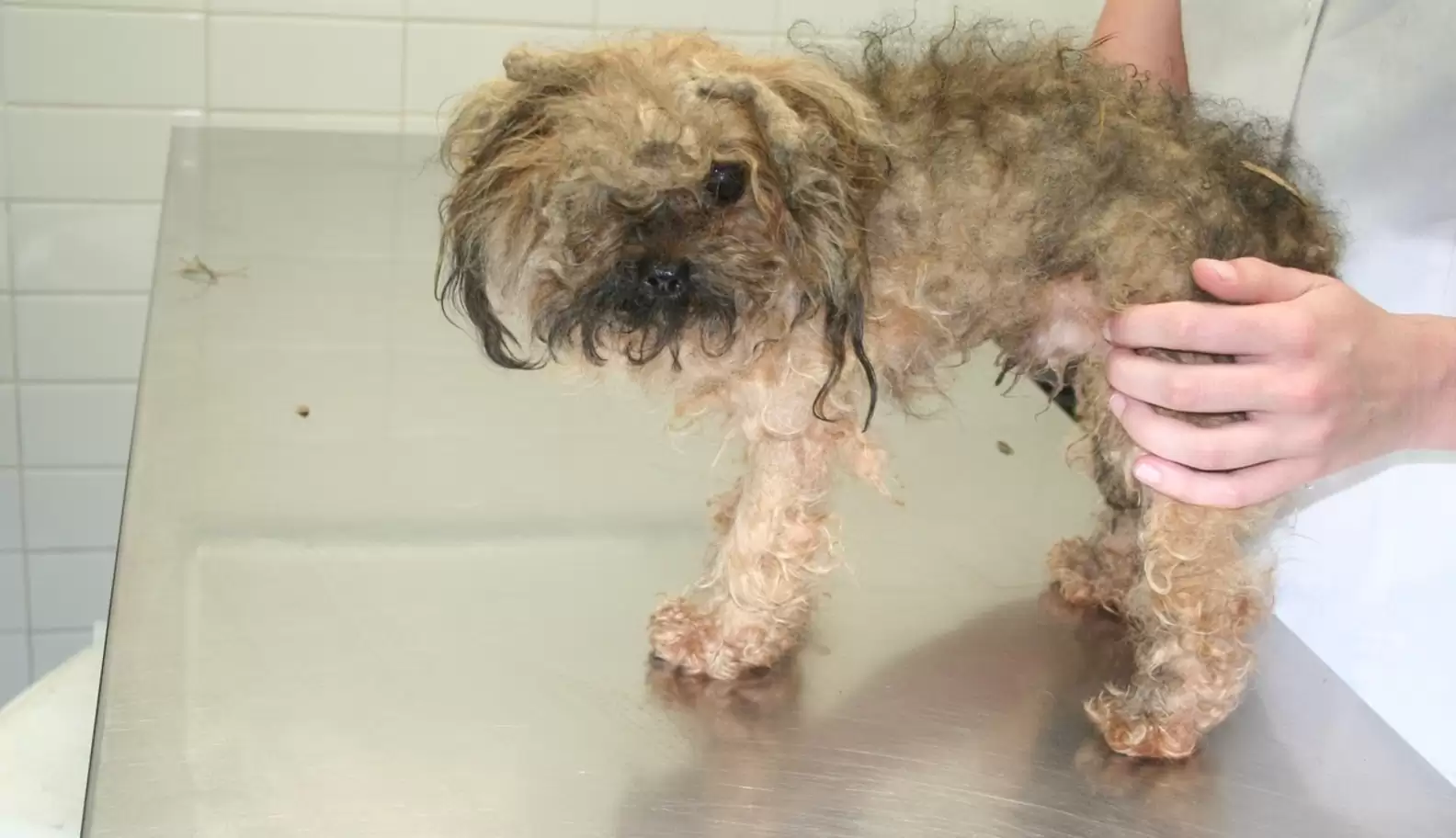
Image source: oscarslaw
Tranter’s own rescue dog, Oscar, exemplifies the long journey of recovery these animals face. Rescued from a mill, Oscar initially displayed intense fear and anxiety. Through patience and love, he gradually adapted to a normal life, though he still shows signs of his traumatic past.

Image source: oscarslaw
The article concludes with a call to action, urging the public to adopt from shelters and press for legislative change against puppy mills. It’s a powerful reminder of the ongoing battle for animal welfare and the importance of collective action.
H/T: The Dodo

